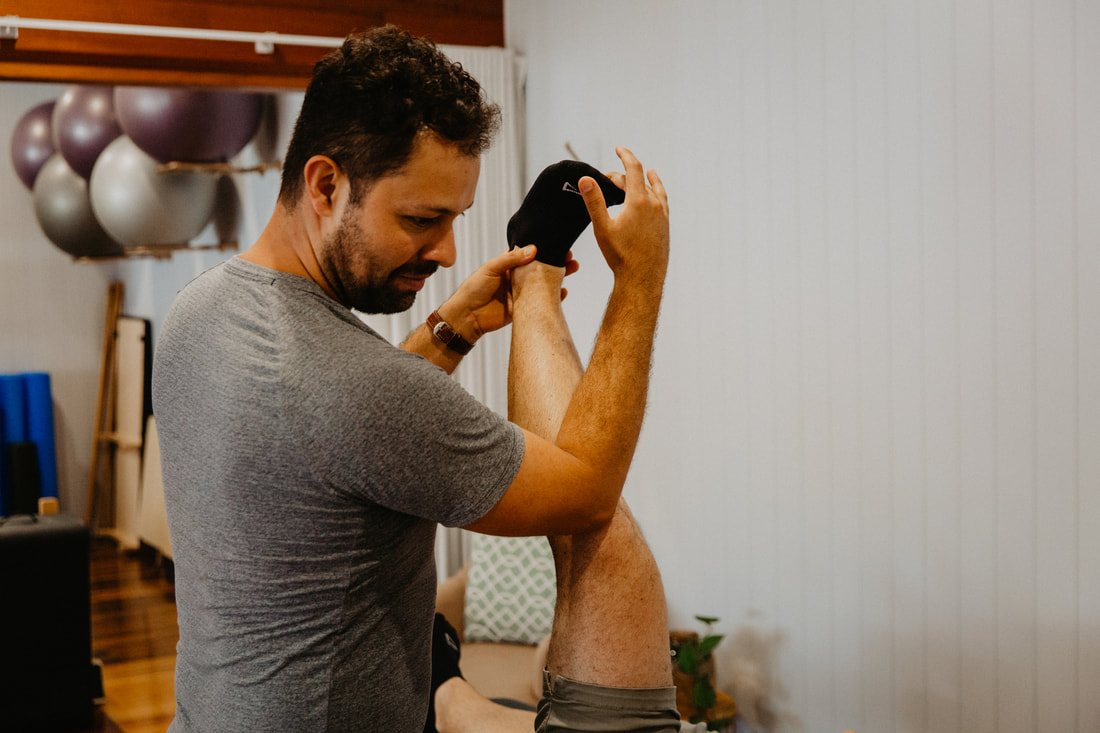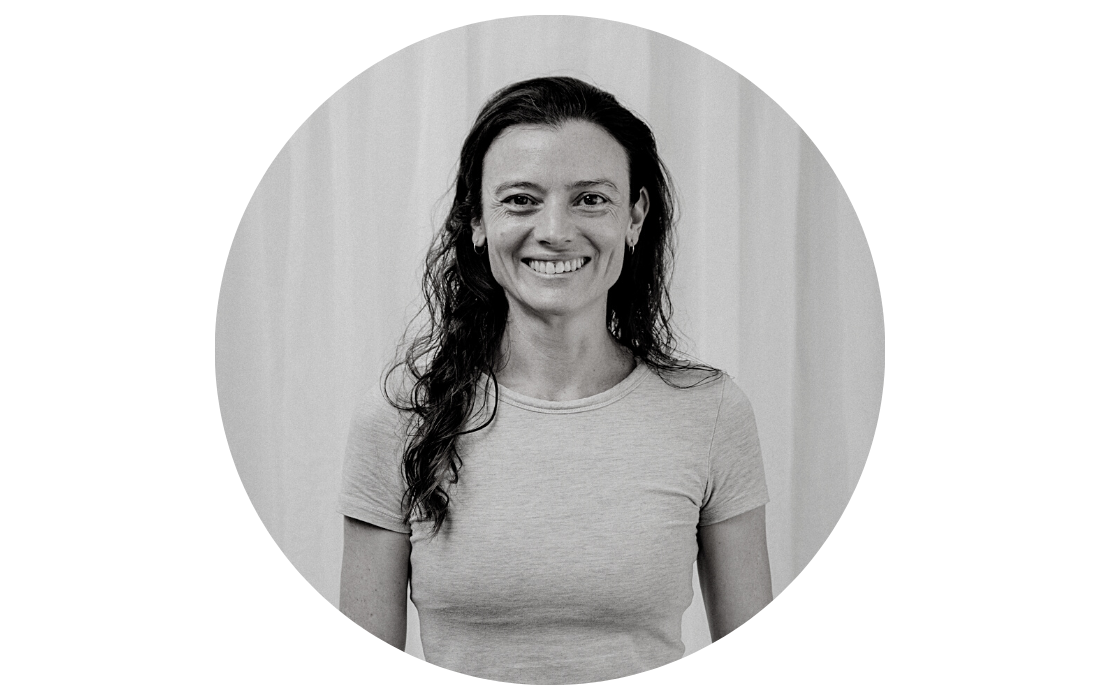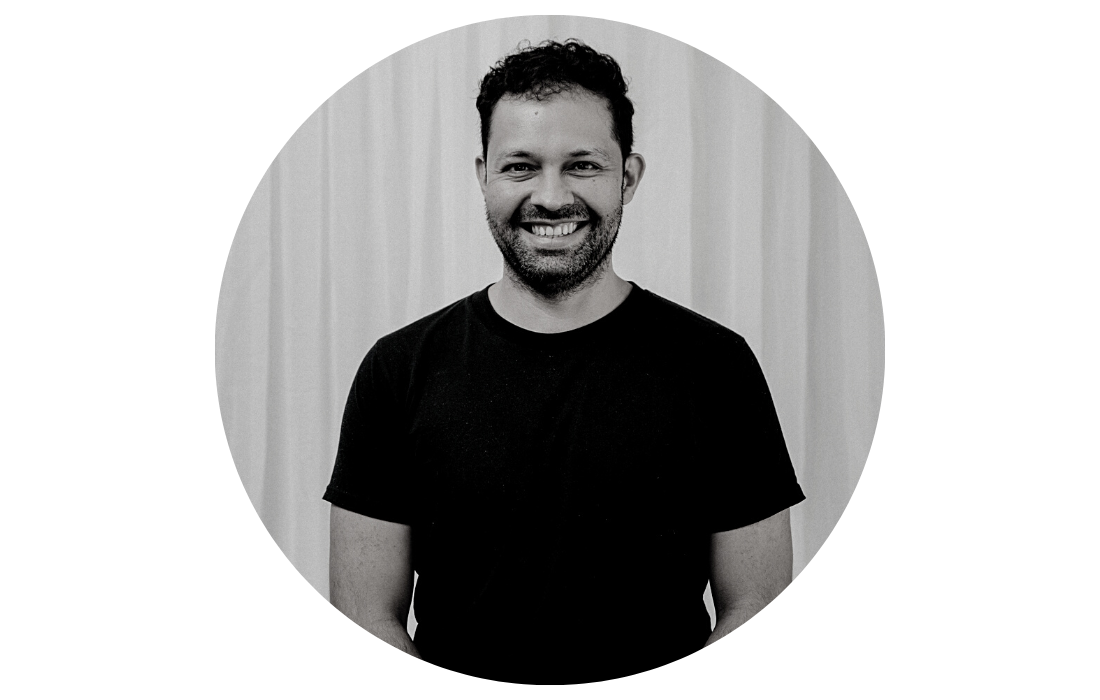Sports injury physiotherapy for karate athletes.
Karate and the Role of a Specialised Physiotherapist
Karate is a martial art that emphasizes both physical prowess and mental discipline. It involves a variety of techniques including striking, kicking, blocking, and evasive body movements. Practitioners of karate, known as karatekas, require agility, strength, speed, and precision. The sport combines dynamic movements with static poses and requires both aerobic and anaerobic capabilities.
Key Aspects of Karate:
The Importance of a Physiotherapist Specialised in Karate:
What Are Common Injuries Among Karate Athletes?
Karate, a discipline that combines strength, agility, and precision, often leads to specific types of injuries:
How Can Karate Athletes Prevent These Injuries?
Injury prevention is crucial for karate athletes:
What Physiotherapy Treatments Are Effective for Karate Injuries?
Physiotherapy is key in treating and managing injuries in karate:
When Should a Karate Athlete Consult a Physiotherapist?
Professional guidance is recommended in several scenarios:
How Can Physiotherapy Help in Long-Term Injury Prevention for Karate Athletes?
Long-term injury prevention is essential:
What Recovery Strategies Should Karate Athletes Employ?
Effective recovery strategies are crucial for karate athletes:
If you have been injured during karate, there are many things that our Tarragindi physiotherapists can do to help get you back to being sport ready and active again so come in and speak to our friendly physiotherapists today! Feel free to give our Tarragindi Physiotherapy clinic a call on 07 3706 3407 or email [email protected]
Karate is a martial art that emphasizes both physical prowess and mental discipline. It involves a variety of techniques including striking, kicking, blocking, and evasive body movements. Practitioners of karate, known as karatekas, require agility, strength, speed, and precision. The sport combines dynamic movements with static poses and requires both aerobic and anaerobic capabilities.
Key Aspects of Karate:
- Diverse Range of Movements: Karate incorporates rapid, explosive actions as well as slow, controlled movements, demanding versatility from the athlete.
- Impact and Contact: While training or competing, karateka's engage in activities that can put significant strain on the joints and muscles, especially during kumite (sparring).
- Mental Focus and Concentration: Beyond physicality, karate demands mental focus, strategic thinking, and the ability to anticipate an opponent's moves.
The Importance of a Physiotherapist Specialised in Karate:
- Injury Prevention and Management: A physiotherapist with experience in karate can provide targeted strategies for injury prevention and effective rehabilitation plans, tailored to the specific requirements of the sport.
- Performance Enhancement: Understanding the biomechanics of karate techniques, a physiotherapist can assist athletes in optimizing their form, enhancing power and efficiency, and reducing the risk of injury.
- Recovery and Conditioning Advice: Specialized physiotherapists can offer guidance on conditioning exercises and recovery techniques appropriate for karate athletes, crucial for maintaining fitness and preventing injuries.
What Are Common Injuries Among Karate Athletes?
Karate, a discipline that combines strength, agility, and precision, often leads to specific types of injuries:
- Hand and Wrist Injuries: From impact during punching and blocking.
- Ankle Sprains: Due to quick movements and changes in direction.
- Knee Injuries: Including ligament strains from kicking and sudden movements.
- Shoulder Injuries: Resulting from repetitive striking and blocking motions.
- Concussions and Head Injuries: Potential risks during sparring.
How Can Karate Athletes Prevent These Injuries?
Injury prevention is crucial for karate athletes:
- Proper Technique: Mastery of techniques to minimize undue stress on the body.
- Strength and Flexibility Training: Building muscular strength and flexibility to support the demands of karate.
- Protective Gear: Using appropriate sparring equipment, like headgear and pads.
- Adequate Warm-Up and Cool-Down: Essential for preparing muscles and joints for training and aiding in recovery.
- Mindful Practice and Sparring: Training with an emphasis on control and safety.
What Physiotherapy Treatments Are Effective for Karate Injuries?
Physiotherapy is key in treating and managing injuries in karate:
- Manual Therapy: Including massage, joint mobilization, and stretching to alleviate pain and improve mobility.
- Tailored Exercise Rehabilitation: Specific exercises to strengthen and rehabilitate injured areas.
- Biomechanical Analysis: Assessing techniques to identify and correct movement patterns.
- Pain Management Techniques: Utilizing modalities like ice therapy, heat therapy, or TENS.
- Injury Prevention Education: Providing guidance on proper training methods and injury avoidance.
When Should a Karate Athlete Consult a Physiotherapist?
Professional guidance is recommended in several scenarios:
- Post-Injury: For accurate diagnosis and a comprehensive treatment plan.
- Persistent Pain or Discomfort: Especially if it affects training or performance.
- Technique Enhancement: To improve martial arts skills and minimize injury risk.
- Preventive Strategies: Learning effective methods to minimize the risk of future injuries.
How Can Physiotherapy Help in Long-Term Injury Prevention for Karate Athletes?
Long-term injury prevention is essential:
- Personalized Exercise Programs: Focused on the specific needs of karate athletes, considering strength, flexibility, and technique.
- Regular Physical Assessments: To monitor progress and adjust training accordingly.
- Movement Technique Analysis: Enhancing martial arts techniques and reducing injury risk.
- Nutritional and Lifestyle Advice: Supporting overall health and performance.
What Recovery Strategies Should Karate Athletes Employ?
Effective recovery strategies are crucial for karate athletes:
- Active Recovery: Light activities to promote circulation and muscle recovery.
- Nutrition and Hydration: Essential for muscle repair and maintaining energy levels.
- Adequate Sleep: Critical for physical and mental recovery.
- Mental Health Support: Managing the psychological demands of competitive martial arts.
If you have been injured during karate, there are many things that our Tarragindi physiotherapists can do to help get you back to being sport ready and active again so come in and speak to our friendly physiotherapists today! Feel free to give our Tarragindi Physiotherapy clinic a call on 07 3706 3407 or email [email protected]
Who to book in with:
Yulia Khasyanova
|
Emma Cameron
|
Mauricio Bara
|



